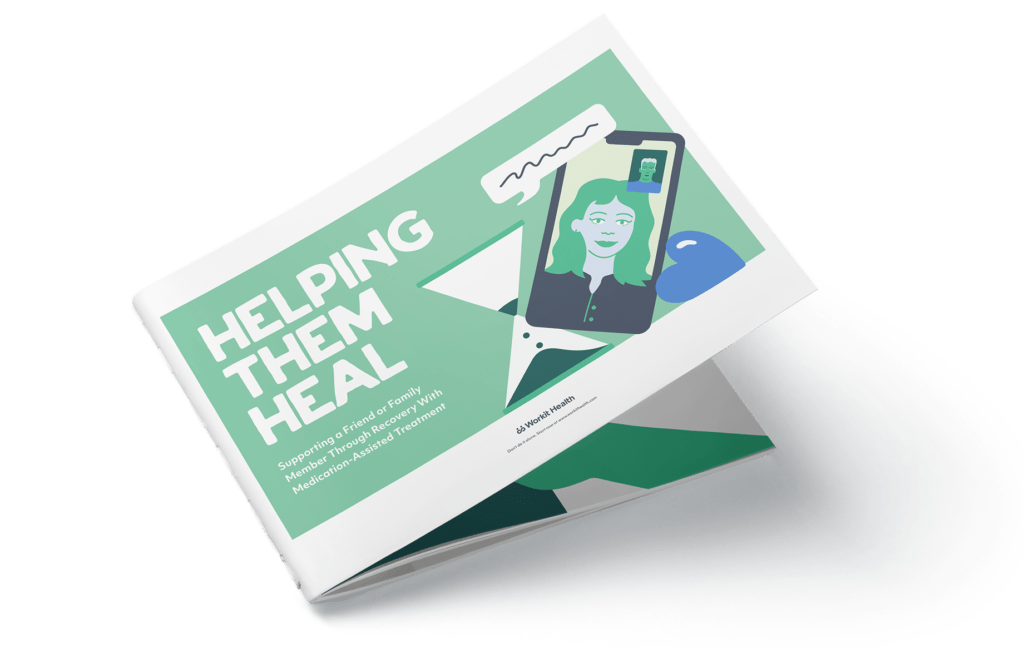Long-term recovery is a huge accomplishment; it’s a choice that we make over and over again every day. It opens up the world of possibilities that had become narrowed down to a tiny focus on substance use. But somehow, there is also a perception that recovery is boring. That sobriety makes us bland and probably judgy.
I’m here to argue that this impression is wrong. Recovery is anything but boring. The last thing that people with substance use disorder need is yet another barrier to a fulfilling and meaningful life. (And I think that some of the people holding these judgments may be projecting to avoid resolving their own problems.)
Why recovery is not boring
We’ve all run into a person at a party who asks a few too many questions about why we’re not drinking or enjoying other party favors. They can’t seem to accept a simple, “I just don’t drink,” in response. They may even go as far as to say how they couldn’t imagine a life of sobriety … how it must be soooo boring. Maybe we once held these views, too. Perhaps before we found recovery, we even avoid seeking help because we didn’t want to become boring. Or maybe we feared what life would look like without substances, and balked at the idea of a life without partying.
In my experience, life in recovery is not dull. Some of the things I’ve realized about this misconception are:
- I now experience life without the anesthesia of substances. This means I feel a greater sense of joy and all of the other human emotions than I used to when I was blunting everything with substances.
- When I do something cool now, I can remember it. When I was using, I often had to hope I’d had fun while in a blackout.
- There’s nothing fun about self-destruction.
- I have a greater sense of adventure in recovery. My life is not consumed by drinking, so I have the time to participate in fun activities.
- Recovery leads to a more stable mood, with fewer ups and downs, and provides a greater sense of peace and emotional regulation. So there’s less drama in my life. (But my drama was never fun or cool.)
- I used to mistake the chaos of substance use for fun. In reality, I had been consumed with chasing a high, running on adrenaline, and escaping my life.
- Sobriety gave me the means to find out what was meaningful and fulfilling, rather than sitting in bars or drinking at home alone.
- Recovery is about being present in my life, rather than feeling disconnected. I also no longer spend my time recovering from hangovers, which was not fun.
- I have more meaningful friendships than the shallow friendships I had with people I just drank with. These new relationships give me a sense of belonging, community, and deeper connections.
- Taking care of my health through movement and healthy habits provides a more sustainable source of feel-good chemicals than the highs and lows of substances.
- Recovery has connected me to my values, leading me to pursue activities, goals, and relationships that give me a sense of purpose and enjoyment.
- Imagining that using was fun is nothing more than euphoric recall, which overlooks all of the negative consequences I experienced from using.
Why we need to fight back against these misconceptions
Research shows that substance use disorder is one of the most stigmatized mental health conditions globally. This stigma is far-reaching, with many people, including some medical professionals, holding the belief that people with substance use disorder are less likely to benefit from treatment and are more likely to benefit from punishment. Apart from dehumanizing people with a mental health condition, stigma can prevent people from seeking treatment, as it is one of the significant barriers to recovery, impacts health and well-being, and adversely affects recovery outcomes.
I believe it’s an incredible achievement to overcome barriers to treatment and live a life in recovery. We deserve to celebrate the positive changes we have made in our lives. That’s why it’s frustrating that we receive judgment and criticism about life in recovery.
Regardless of who holds these views, I think it’s essential to consider their impact, as they perpetuate stigma, which can be harmful and prevent life-saving treatment, ultimately leading to a less fulfilling and meaningful life.





